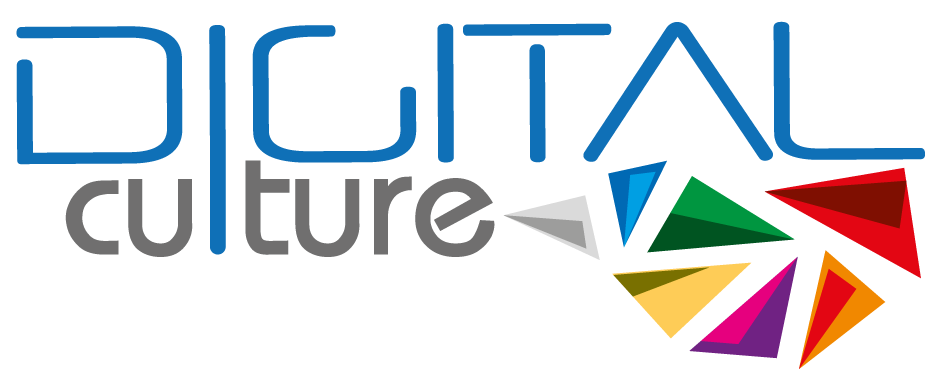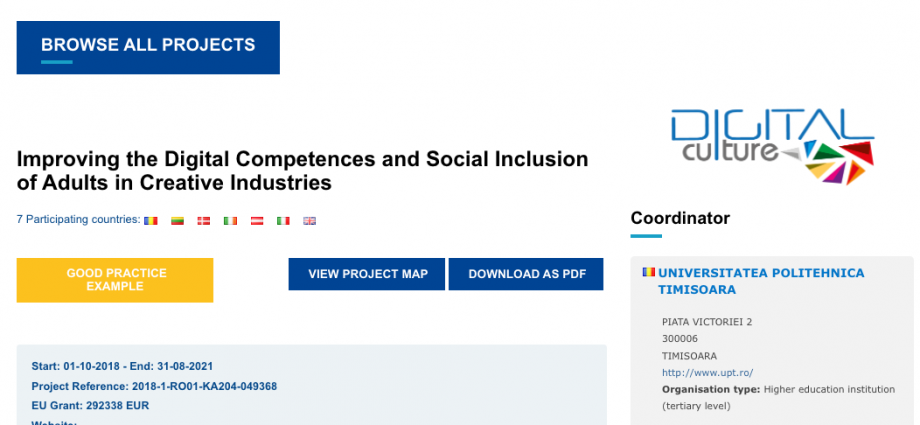The DigiCulture project – Improving the Digital Competences and Social Inclusion of Adults in Creative Industries, wich includes 7 participating countries, was chosen as a Good Practice Example in Erasmus+ European Commission programme.
Erasmus+
Erasmus+ is the EU's programme to support education, training, youth and sport in Europe.
Summary
DigiCulture (Improving the Digital Competences and Social Inclusion of Adults in Creative Industries) created a sustainable and accessible online course focused on openness and inclusivity and aimed at low digital skilled adult learners in the creative industries (CI) from Romania, Italy, Austria, Denmark, Lithuania, UK and Ireland.
The project addressed the low emphasis in CI education on the use of digital technologies, with recent graduates and existing employees lacking important skills. The recent pandemic proved to be especially challenging for CI stakeholders but evaluation of our project suggests that it helped improve digital skills, employability, creativity and marketability.
The project targeted young unemployed adults, staff and volunteers in European Capitals of Culture, adult workers with low digital skills at all levels in creative industries, actors, artists and volunteers in traditional activities (dancers, painters, wood and ceramic workers), museums, media, architecture, humanities, cultural and heritage organizations, traditional fairs, freelance performers (musicians, actors), members of disadvantaged and minority groups, stakeholders in creative industries, museums, architecture, humanities, adult education centres, universities, associations which support enhancing digital skills, and local and regional associations and departments.
Its development was based on EU DigComp 2.1, and each course included the development of 2-5 digital competences to at least basic level. The diverse partnership comprised adult education centres from arts, humanities and technical universities, SMEs with expertise in art and eLearning and professionals in eLearning and cultural associations.
Outcomes include the DSC MOOC, with 13 modules available in EN, RO, DE, IT, LT, DK, GA (98 courses in 7 languages), available online and through blended learning, the Integrated Virtual Learning Hub including new Open Education Resources (OER) and accessible to people with limited digital skills, and validation through e-assessment leading to Open Badges and Certificates for Digital Skills.
Watch below the feedback of the project coordinator – Dr. Diana Andone, Politehnica University of Timisoara, Romania, related to the DigiCulture courses:
Programme: Erasmus+
Key Action: Cooperation for innovation and the exchange of good practices
Action Type: Strategic Partnerships for adult education
Digital Courses
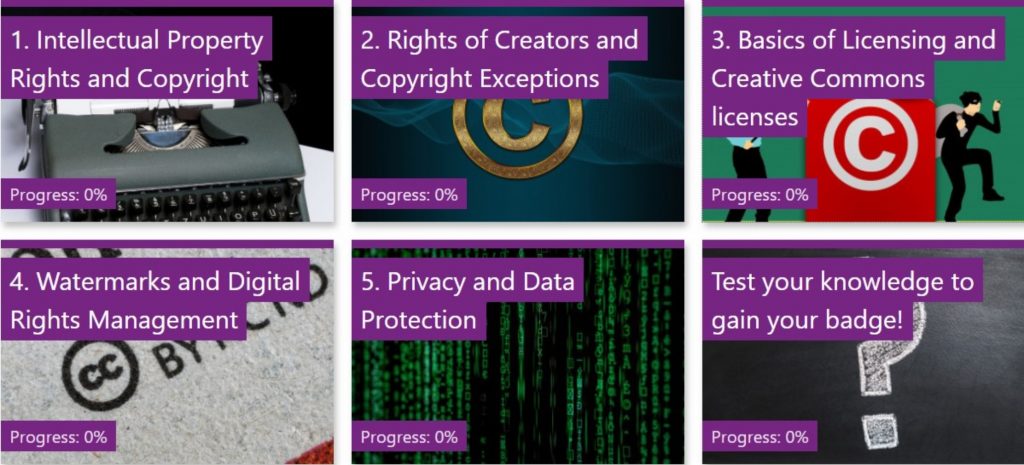
Cosaint Sonraí agus Ceadúnais Oscailte
Apply what you learn about Digital Safety and current national and European legislation surrounding the protection of personal data (GDPR) and of copyright laws, by completing the Data Protection and Open Licenses Course, with activities that include working with online interactive platforms and tools in exercises targeted at developing a good understanding of the decisions to consider when choosing an (open) license, but also activities to develop the understanding of data protection regulation.
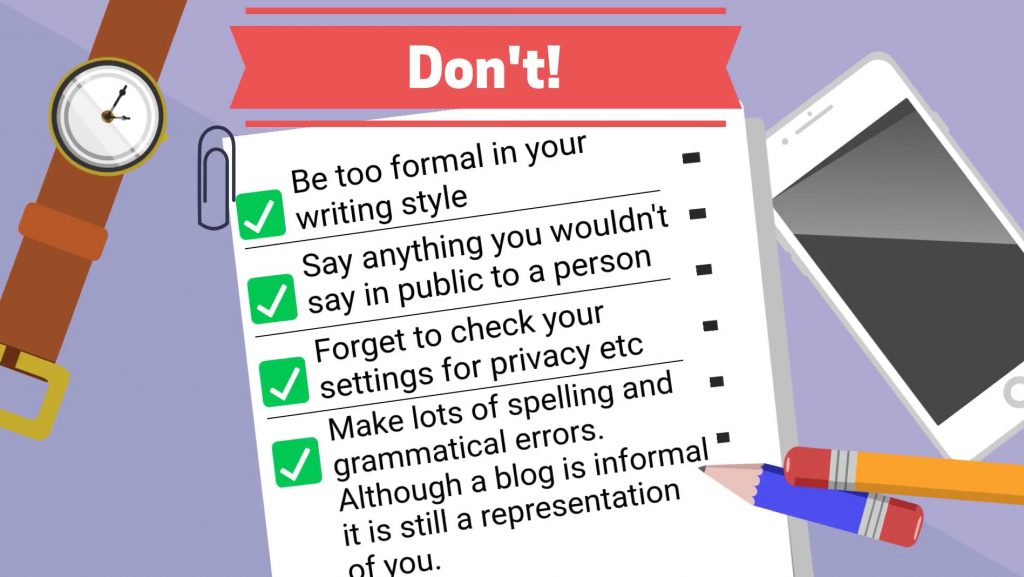
Ábhar Digiteach & Foilsitheoireacht
Why should we need skills for digital content? Explore the ”Digital Content & Publishing” Course, understand the difference between various digital contents and learn how to create content such as wikis, blogs and newsletters, and different digital content for different media environments. There is no prior knowledge or qualification requirement to learn the ” key” in providing the skills needed for digital content curation, preparation, and publication that allow you to work and perform in various online environments.
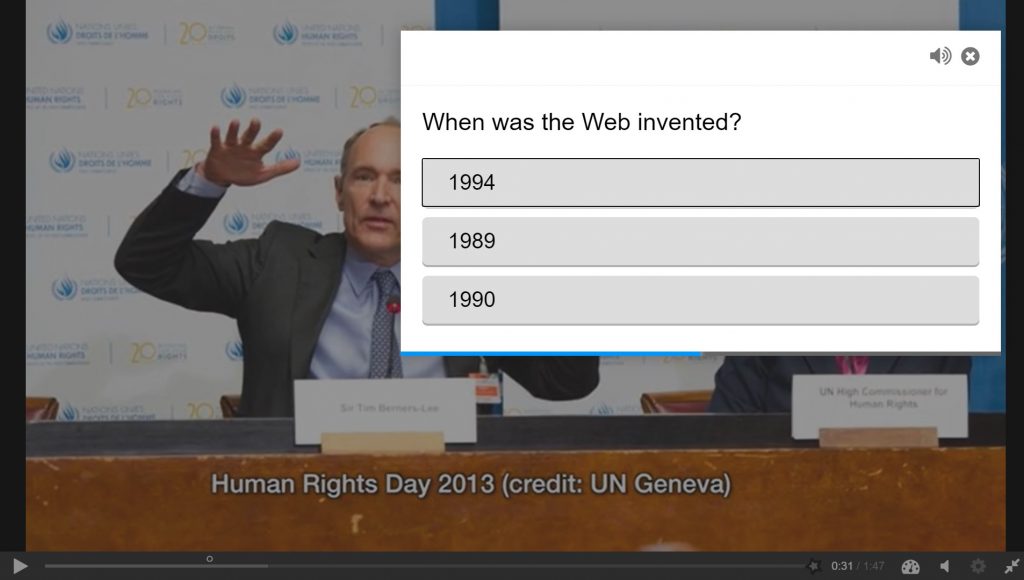
The Internet, World Wide Web, and introduction to the digital world
Apply what you learn about World Wide Web, Internet, the web 2.0 technologies and demonstrate your understanding on how to implement a website and identifying a digital presence, and explain how this can be applied in creative industries by completing ”The Internet, World Wide Web and introduction to the digital world” Course.
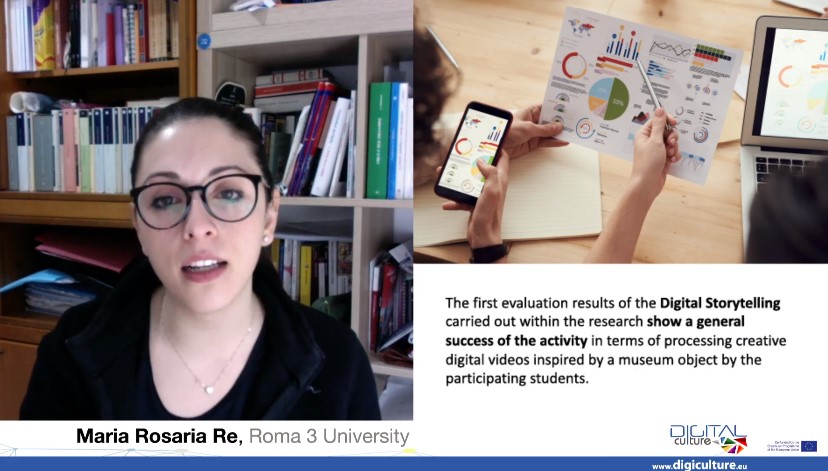
Scéalaíocht Dhigiteach
Get feedback from a global community of learners about the methodology of digital storytelling (DST) and learn storytelling content development through the use of digital skills and other general skills such as communication, collaboration, creativity and critical thinking. The completion of the "Digital Storytelling" Course should help you to increase and preserve the effectiveness of your work on data literacy and digital content creation.
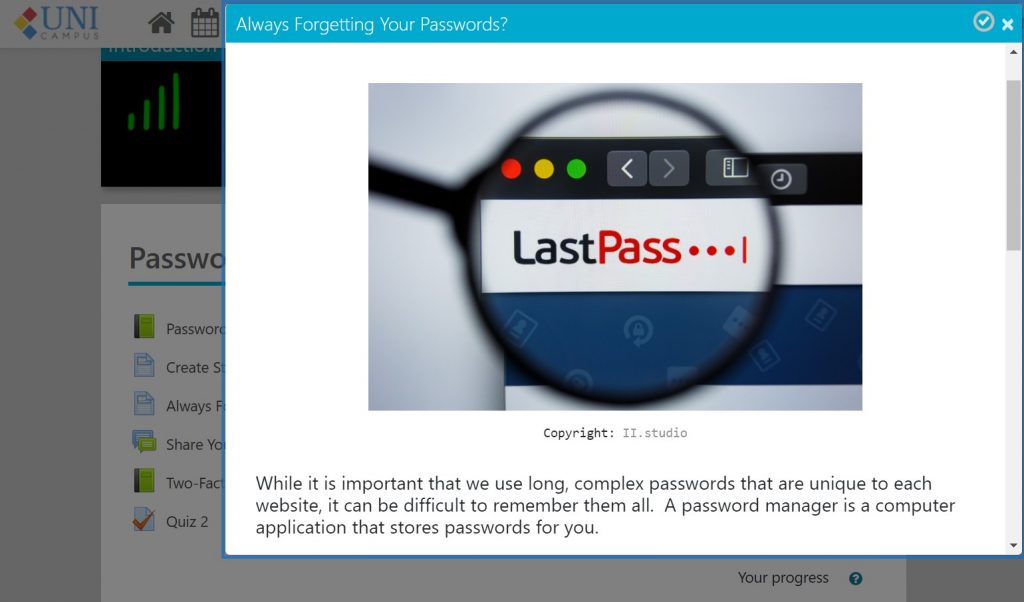
Sábháilteacht, Slándáil agus Eitic Dhigiteach
Demonstrate your new ” protecting devices” and ”protecting personal data and privacy” skills , and the understanding of the importance of firewalls, encryption, password security and other online protection measures, but also the importance of behaving ethically online. Identify the ethical concerns associated with your work/project, by sharing your experience gained from the quizzes, case studies and the interactive activities from the ”Digital Safety, Security and Ethics ” Course.
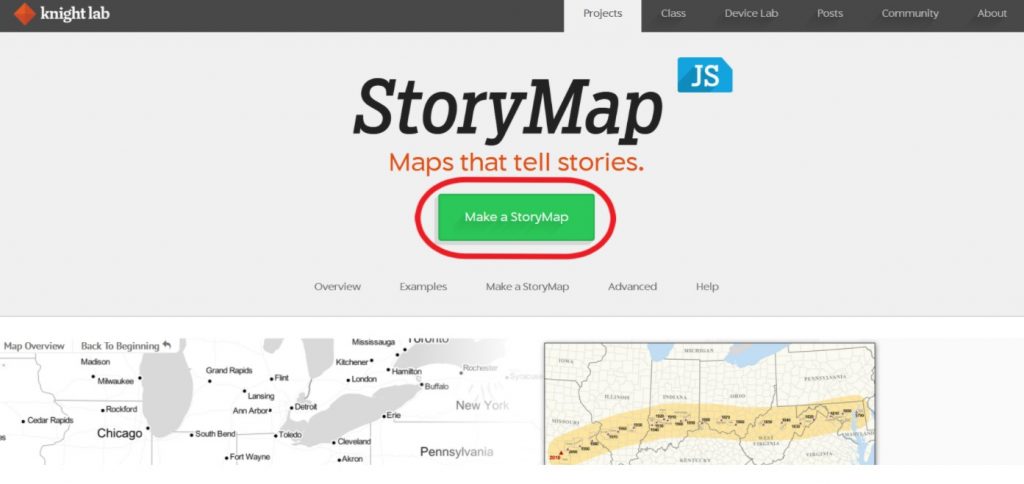
Coimeádaíocht Dhigiteach - Leabharlanna agus Músaeim Dhigiteacha
Get an overview about tools and methods to develop engagement with digitized cultural objects online and learn how to use them for fostering and evaluating dissemination, engagement, and collaboration possibilities for sharing structured information about cultural content online, and the possibilities of inviting the public to participate. A series of tools, with their respective tutorials, will be presented throughout the "Digital Curation - Digital Libraries and Museums" Course.
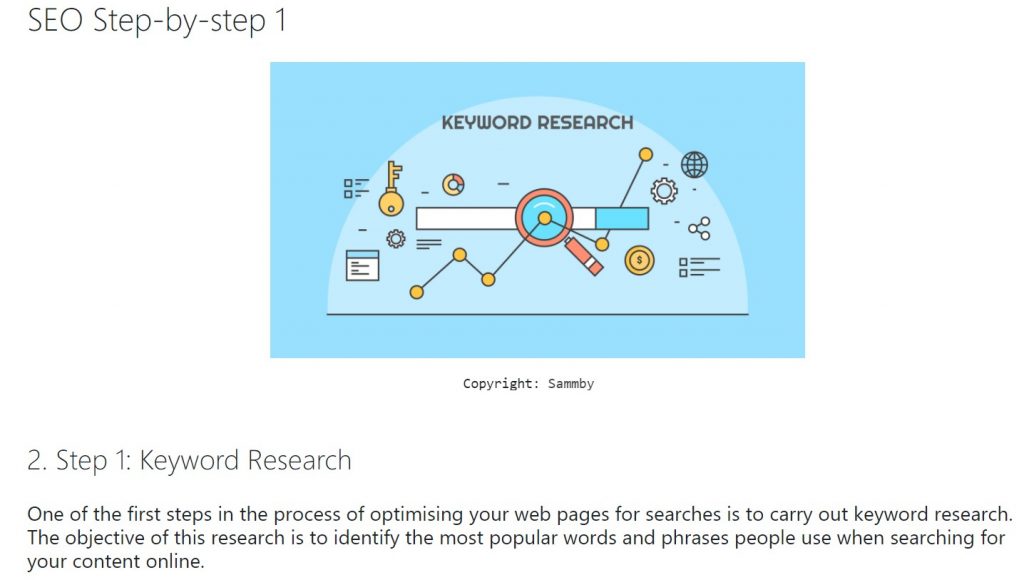
Lucht Féachana Digiteacha agus Anailísíocht Dhigiteach
Enhance your digital competencies in: ”Interacting through digital technologies”, ”Sharing through digital technologies”, ”Collaborating through digital technologies”, and ”Managing digital identity” areas , and equip yourself with the skills needed in identifying your digital audience, growing your digital audience, all of these using search engine optimisation, and also assessing your impact online by using digital analytics.
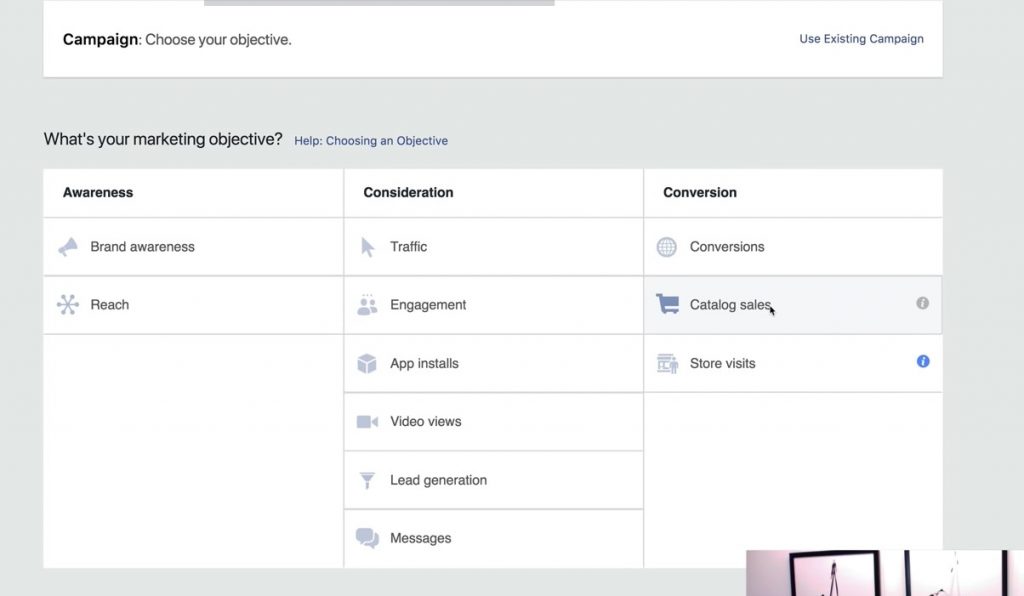
Na Meáin Shóisialta don Chultúr
Choose from a variety of options including lectures, videos links to other contents, different kind of OERs, tutorials on learning how to improve social media engagement in the cultural sector and non-formal education, how to evaluate the impact of social media, and how the use of social media to promote the creative industries, to increase the number of people involved in the learning process, and to find new forms of educational work in non-formal educational environments, that plays an important role in education nowadays.
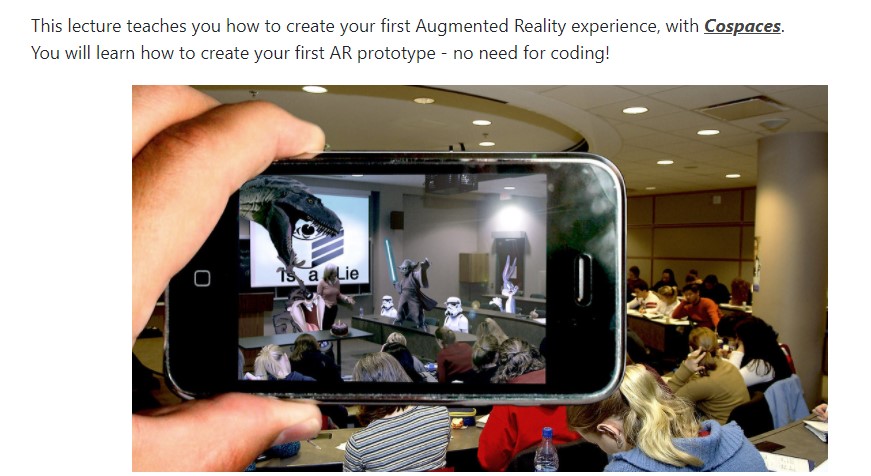
Réaltacht Bhreisithe agus Fhíorúil
Master your skills with in-depth learning about the difference between Augmented Reality (AR) and Virtual Reality (VR), by understanding concepts such as 360° Images and Projection Mapping and designing for VRand AR and start creating today your own VR/AR experience.
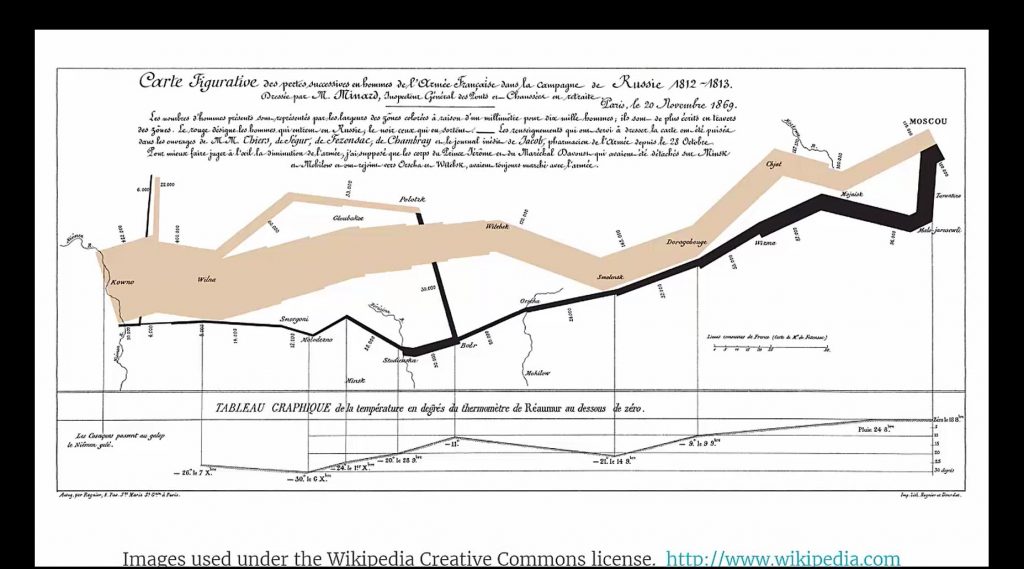
Bainistíocht Dhigiteach sa Chultúr
Start streaming your new skills on implementing a business plan, hiring, managing, training and appraisal of staff in the cultural sector, by using specific apps and online tools, and outline the uses of digital apps and tools in marketing and publicising cultural activities, after completion of the ”Digital Management in Culture” Course.
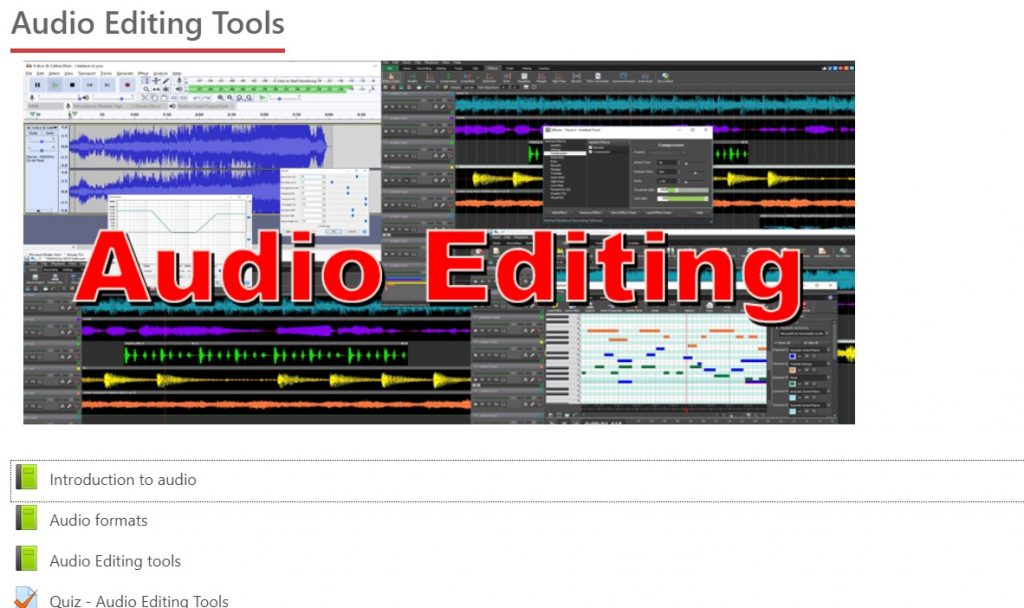
Uirlisí meán digiteacha ar líne agus soghluaiste
Demonstrate your new skills on online editing tools for Social Media (audio, foto,video), audio & video streaming, and mind-mapping software, by sharing your DigiCulture completion badge of the ”Online and Mobile Digital Media Tools” Course with your network. There is no prior knowledge or qualification requirements for this module, but access to the Internet and a computer/laptop/mobile device is required.

Cumarsáid Dhigiteach agus Cuir i Láthair
Get the opportunity to learn: how to organize an online meeting or conference, how to create an online presentation, how to employ tools for marketing, how to create interactive content, and many others by completing the "Digital Communication & Presentations" Course.
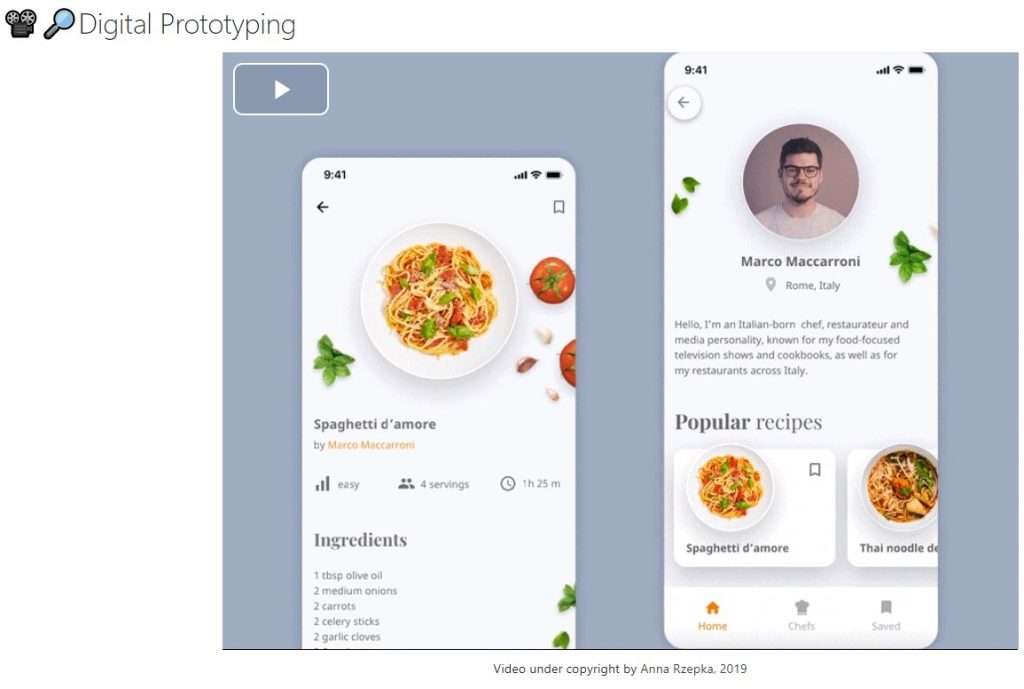
Aipeanna Fón Póca agus Eispéiris Úsáideoirí Fón Póca
Get the opportunity to learn how to design mobile applications and interaction design, how to use Storyboards for the design process, prototype your design ideas and your own app,and the use of different digital tools to achieve good UX, and many others by completing the "Mobile Apps and Mobile User Experience" Course.
